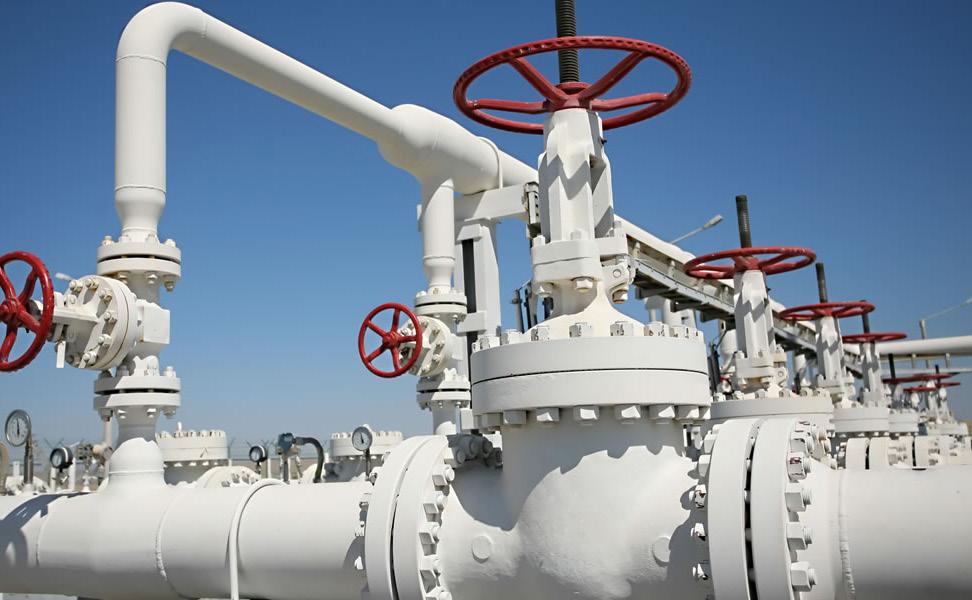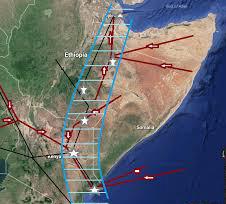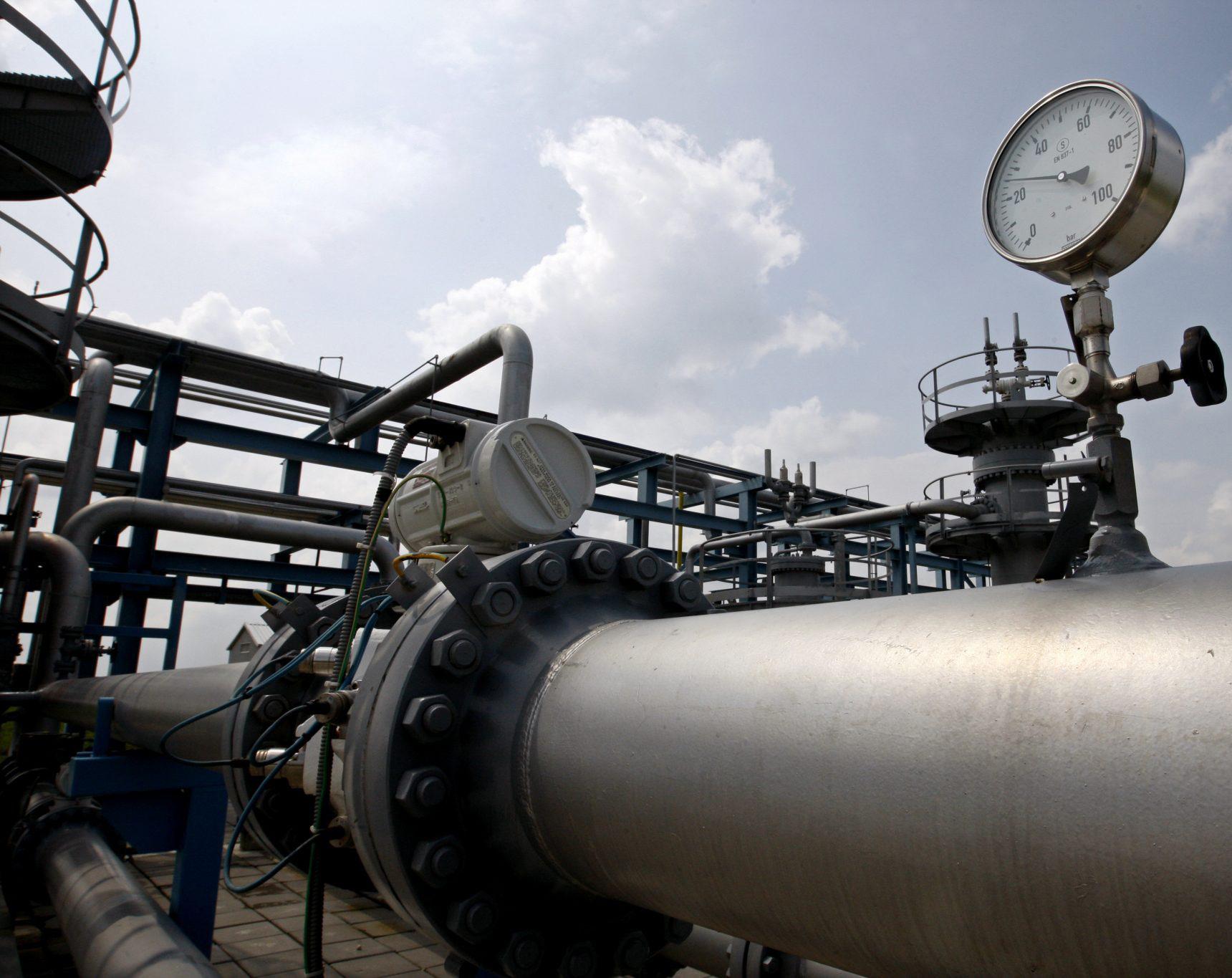
9 minute read
Overview
Ethiopian Natural Gas and Petroleum Industry
By Samuel Tekleyesus
Advertisement
The Oil and Gas sector in Ethiopia, currently at a very early stage of development, shows good potential for development on the long-run. Exploration for oil and natural gas is currently taking place in a number of areas in Ethiopia, including in parts of the Ogaden Basin in Southern Ethiopia, Afar in Northeastern Ethiopia, Southeastern Ethiopia, Afar in Northeastern Ethiopia, Southern Rift Basin, the Gambela basin, the Mekele Basin, Metema Basin, the Abay Basin in Northwestern and Main Ethiopian Rift Basin regions. Oil and natural gas discoveries in neighboring countries as well as the Calub and Hilala Natural Gas discoveries in the Ogaden region have created great interest in the above-mentioned regions under exploration, and the
getting Image
government has now established a national Petroleum and Natural Gas Development Enterprise, to further develop the sector and the government’s stake in it.
Development of the oil and gas sector in Ethiopia has the prospective to transform the country’s economy. In terms of national economic planning and performance, the Government of Ethiopia tended to aggregate petroleum with industrial and

metallic minerals, particularly in terms of emphasizing the export domestic production. The Oil and Natural gas sector is governed by the Ministry of Mines, Petroleum and Natural Gas and the unit dedicated to manage the sector faces capacity constraints. The sector will benefit from strategies and policies to implement the broader vision for the sector. It is also currently governed by proclamations and regulations that will benefit from a revision

to align them to global good practices.
Ethiopia is not dependent upon the development of natural gas for the generation of electricity. However, the production of domestic petroleum resources can be significant for Ethiopia’s economy either by being used domestically, or as an export. Used domestically, natural gas and gas liquids can substitute for imported fuels and be utilized as a feedstock for fertilizer and petrochemicals. As an export, like other minerals, it could be a source of foreign exchange. Ethiopia spends $2.5 billion annually on imported petroleum products, which is 20 percent of the country’s foreign exchange. Development options can be mutually exclusive and decisions should be based on optimizing the benefit to the country.
Environmentally, the availability of domestically produced
Liquefied Petroleum Gas (LPG) and gas liquids offers benefits by substituting for the use of wood as a fuel. This can help reduce deforestation in Ethiopia where approximately 90 percent of 24 million cubic meters of the nation’s annual wood production is used for fuel and charcoal making.
The Petroleum Industry
Ethiopia, at the moment, is largely an importer of petroleum products. White and black petroleum products are imported directly by the Ethiopian Petroleum Enterprise (EPE) through third party suppliers. Upon receipt from third party suppliers, EPE stores the products at Horizon Terminal in Djibouti and then distributes the different grades mainly Gasoline (Benzene), Gas Oil (Naphta), Kerosene, Light fuel oil, Heavy fuel oil and Jet fuel to Oil Companies through a fixed margin structure set by the government. In addition, EPE imports Gasoline (Benzene) from Sudan. For the supply of Gasoline in Addis Ababa, EPE has made an agreement with Nile Petroleum, a Sudanese Oil Company operating in Ethiopia, where the latter conducts blending of Gasoline with Ethanol (E5) at its depot in Sululta and distributes E5 to Oil Companies.
Fuels pricing and revisions are made by the government on a monthly basis. Lubricants and greases, however, are being directly imported by the Oil Companies with the intervention of government in setting prices on a quarterly basis. The overall annual consumption of fuels in Ethiopia is estimated to exceed 2 billion liters, nationwide Lubricants and greases consumption is also over 25 million liters. The consumption of both fuels and lubricants is consistently increasing by 10% on a year on year basis and the trend in growth is expected to continue in a similar pattern over the next years. Increased economic activity coupled with increased government spending in the areas of infrastructure, power, mining and other sectors continues to further expand the demand for petroleum products.


For long, few multinational oil companies with little competition to satisfy the increasing demand had controlled the petroleum
in economic growth and government’s plan to invest millions of dollars in infrastructure, hydropower projects, mining and others sectors, the current gaps between demand and supply in the petroleum sector is wide.
Ethiopia is also believed to hold a huge potential for energy and mining. The nation’s current efforts in the areas of hydroelectric power projects and exploration of Oil and Gas are clear testimonies of the government’s determination to unleash its natural resources. Few local and a number of international companies are reported to have been engaged in petroleum exploration in various parts of the country. There is optimism on the part of oil companies and the government for increasing participation and transition from exploration to development and production.
The gas reserve in Calub and Hilala localities is also estimated at 118 billion cubic meters (4TCF). The gas reserve was first discovered by an American oil company, Tenneco, in 1972. Crude oil reserve was also discovered in the Hilala block but the reserve was non-commercial. The Russian company, Soviet Petroleum Exploration Expedition (SPEE), confirmed the gas reserves in Calub and Hilala in the 1980s.
industry. Still currently, there are very few Oil Companies engaged in the petroleum business in Ethiopia. As compared to neighboring countries, Ethiopia has fewer numbers of Oil Companies with less competition. Despite persistent and increasing growth in the demand for petroleum products, the network expansion and supply by existing Oil Companies is not adequate. In view of the current trends


Ethiopia has begun selling its gas produce in the local market with a test production of about 1,650 barrels of crude oil.The crude oil we produced as a test is discovered near Hilala gas field.The Chinese Company PolyGCL Petroleum Investment Limited is responsible for the extraction and production of both crude oil and for the
getting Image
construction of pipeline for the natural gasto Djibouti Port. Accordingly, the government plans to earn annual revenue of $8 billion from natural gas exports
Additional exploration for oil and natural gas is taking
Companies holding PPSAs
Company
POLY-GCL
Africa Oil Corp. South West Energy Tullow Gazprombank (GPB) New Age Falcon Petroleum Delonex
No. of Blocks
2 6 1 4 1 1 2 3 3
(large)
Source: World Bank Report 2016
Petroleum Operations
Development Exploration Exploration Exploration Exploration Exploration Exploration Development Exploration Exploration
Status

Development Drilling Drilling Program Drilled 2 Wells Drilled 2 Wells Gas Discovery Drilling Program Drilling Geo Geo
place in parts of the Ogaden Basin in Southern Ethiopia, Afar in NorthEastern Ethiopia, Southern Rift Basin, and Main Ethiopian Rift Basin regions. A number of international and few local companies are currently undertaking petroleum exploration in various parts of the country. Oil companies actively involved in the petroleum exploration and development undertakings are: Africa Oil Ethiopia B.V. (Subsidiary of Africa Oil Corp.), Calvalley Petroleum Inc., Epsilon Energy Ltd., Falcon Petroleum Ltd., Southwest Energy, Tullow Oil, Pexco Exploration (east Africa) N.V. and Afar Exploration. Several firms have already acquired licenses to explore more than 40 blocks throughout Ethiopia in the past four years, the vast majority of them in the southeastern Somali Region. Currently eight companies hold Petroleum Production Sharing Agreement (PPSAs).
Natural Gas Development
The Calub and Hilala fields have natural gas reserves of 4.0 TCF and 13.6 million barrels of natural gas liquids. These fields were discovered in 1973 and 1974 respectively. Currently, the PPSAs covering these fields are awarded to POLY-GCL Petroleum. African Oil, another contractor, assigned some of its blocks to other companies when exploration showed the presence of natural gas. The government has announced that there are natural gas reserves in other places.
Unlike oil, in order for gas discoveries to proceed to development they require markets and facilities to process and transport it to markets. A framework agreement was signed between the Governments of Ethiopia and Djibouti to construct a cross-border pipeline from Ogaden basin to the Gulf of Aden. The governments also signed a Heads of Agreement with POLY-GCL Petroleum for the operation of the pipeline. The company will also build gas processing and LNG facilities in Djibouti.
Petroleum Exploration Activities
The Government of Ethiopia represented by the Ministry of Mines, Petroleum and Natural Gas petroleum exploration and development agreements with different International Oil Companies in two ways. One is when the Ministry signs “Petroleum Production Sharing Agreement” (PPSA) which could last up to 25 years and the other one is a “Joint Study Agreement” (JSA) for a maximum of two years. A Joint Study Agreement on geological and geophysical survey is underway in the Main Ethiopian Rift Basin region after an agreement was signed between Africa Oil Company and the Ministry recently. Even though more mapping activities were carried out and still going on there is huge opportunities for investment (exploration, production and transportation) still available in areas like:
• The greater Afar Block • The Mekelle Basin • The Segen rift basin • Abay basin • The Ogaden basin
Petroleum Agreement Terms
Petroleum agreement will be in the form of model production sharing agreement of 1994 or modern concession contract to be signed between the government of Ethiopia, represented by the ministry and a contractor.

getting Image

Petroleum Legislation
According to Ethiopian law, petroleum operations shall be undertaken in accordance with petroleum Agreement. Petroleum Agreement is generically described as a contract or other arrangement between the Government and a contractor to conduct petroleum operations. Model Petroleum Agreements, including production sharing or modern concession agreements, which will serve as basis for the negotiation, are to be prepared by the ministry. The Ministry chooses the appropriate type of petroleum agreement, and it provides for the details of the terms of the model agreements. The proclamation concerning mining and petroleum operation are presented as follow:

• Mining Operations Proclamation No. 678/2010
• Proclamation N0. 295/1986 of petroleum Operations proclamation.
• Proclamati NO. 296/1986 of petroleum Operations Income Tax proclamation, amended under proclamation No. 226/2000.
Income tax for revenues generated from Mining Operations is fixed to 25% and is calculated from net income. The law provides companies to have free of duties, import, and export taxes.









